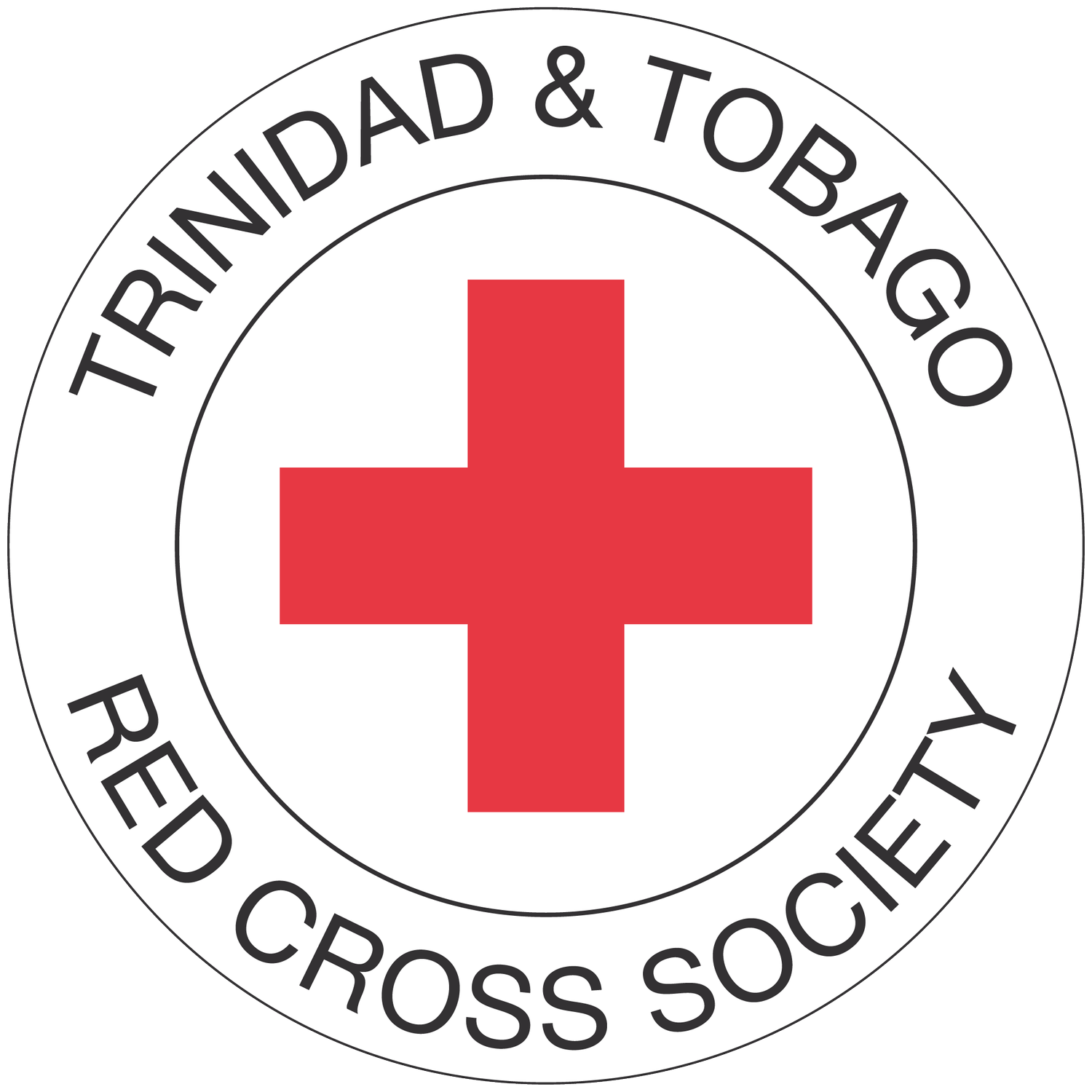BEYOND PERIOD POVERTY
Period poverty affects vulnerable women and girls greatly. Relief interventions that focus on improving access to materials, as a standalone, however, are unsustainable. As organizations, we need to look beyond the issue of period poverty and address the topic of Menstrual Health and Hygiene holistically to provide sustainable solutions that empower women and girls throughout their lives.
Awareness and investment in areas such as education, advocacy, health, psychosocial support and improved facilities can go a long way in eliminating the stigma associated with periods, ending the sexualization of periods, supporting greater gender equality and, of course, improving access to materials.
Education
The Trinidad and Tobago Red Cross Society has spent the past year conducting much-needed research in Trinidad and Tobago to improve our understanding of the issues related to Menstrual Health and Hygiene and identifying gaps within our society. Based on our preliminary findings we understand that while almost 80% of girls confirmed that they knew about their periods before they experienced menarche (the onset of their period), 76% of the participants between the ages of 9 to 17 were unaware of the relationship between menstruation and pregnancy.
Facilities
When asked to rate the bathroom etiquette of girls and boys alike the average rating (on a scale from 1 to 10) was 3.5 by school principals. The existence of WASH (water, sanitation, and hygiene) issues was further suggested by 50 % of girls in the study who, when asked about the washroom etiquette of their classmates confirmed that they had encountered soiled and improperly disposed of materials (inside the toilet bowl, on top of the toilets tank or on the ground) in the washroom facilities at school. It should be noted that based on our information Primary schools do not have a budget line for menstrual products disposal. It begs the question, how do our younger girls dispose of their soiled sanitary products?
Stigma
Forty-nine per cent of the boys participating in the study appear to have a negative perception of menstruation. Mostly describing it as something dirty. Some frequently used words to describe periods were: “unnatural”, “stink”, and “disgusting”. However, when asked if knowing about menstruation is important or useful or relevant to their life, 42% thought it was relevant and 70% wanted to know what it was and why it happens.
Additionally, though almost 50% of girls experience some sort of discomfort during their period (pain, itching or irritation, any discharge or smell), 62% were unwilling to seek the assistance of a doctor, nurse or health provider.
The Way Forward
While our study is not yet complete, it is evident that investment in basic education and information on Menstrual Health and Hygiene is a necessary first step not only for women and girls but also for men and boys.
A better-educated population can lead to greater interest and investment in the other, equally critical, areas of Menstrual Health and Hygiene. This would ultimately result in improved facilities, access to a wider range of materials, and better resources to support women and girls. Through TTRCS Know Your Flow we hope to help all women and girls enjoy their right to learn about the biological functions of their bodies. We hope to empower them to make their own choices about materials, products and their health.
If you would like to support our work, consider making a donation to the Trinidad and Tobago Red Cross Society.


